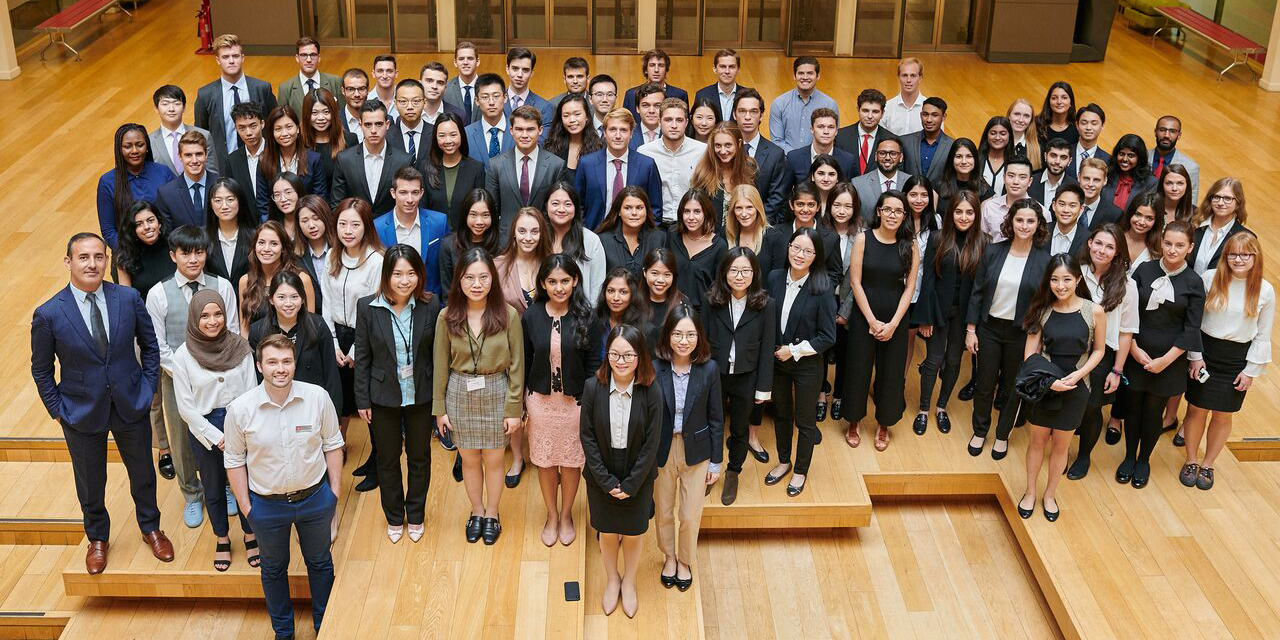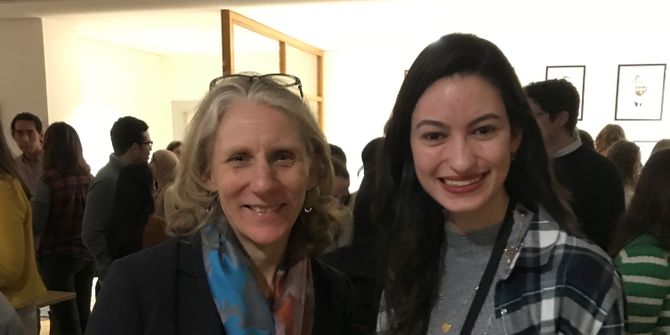One night in Vienna I had an idea that completely changed my professional goals. It came after one year of intensive training as an MSc student and it would not have been possible without the lessons that I learned at LSE. Here, I share the highlights of my LSE journey and how it transformed my mindset and my career.
One night in mid-December I was in Vienna on holiday preparing for my graduation ceremony. I was happy to have recently completed my MSc in Human Resources and Organisations at LSE. In order to attend the ceremony, I took a long flight for about 15 hours from my home country, Chile. I was very excited about being in London again, celebrating our graduation with my friends.
That night in Vienna I had an idea (well, it was really more like a question): how come almost everyone I know who is my age is not happy at work? Having studied an MSc in HR at one of the most prestigious universities in the world, this was a fundamental question for me. This question was also a key insight into my current field of interest: the future of work.
When I applied to LSE –about 2 years ago- I was convinced that I wanted to work on leveraging levels of employee productivity. My home country, Chile, has one of the lowest productivity rates among OECD countries. For me, it was clear that something needed to be done. In fact, I applied for a Chevening Scholarship with that main purpose. I was awarded the scholarship and when I arrived in London I was ready to make it happen.
I started the first term at LSE with the objective to develop my ideas on employee productivity, and I asked a few professors about it. Soon, I realised that it was not an easy endeavour: productivity is a large and difficult subject that I could not cover easily. There is no doubt that productivity is a central issue, especially for developing countries, but it is a multidimensional matter, and very difficult to tackle.
From the start, LSE taught me how to define problems and address their issues with a well-rounded plan. Before starting my programme, I had good ideas –and from time to time I had great ones- but I lacked the rigour to explore their strengths and caveats in-depth.
So, what I did was to turn that general inquiry about productivity into an actionable plan. I started creating more specific questions that helped me to look at the problem in useful ways. I broke the wider issue down into these questions: What are the drivers of employee performance? How does leadership influence employee productivity? What is the effect of motivation on performance? When I was able to separate the issue into its main components, I could begin to analyse it and offer suitable solutions.
I am currently passionate about the future of work: how the work environment is changing as a consequence of social and economic trends, such as globalisation, advancements in technology, and new generations in the workforce. The approach that I learned at LSE about analysing the issues in depth and breaking them down into its main components has been crucial to make progress on a matter as challenging as the future of work and new organisational forms. Now, I believe that I have the necessary tools to face this –and any- challenge.
As a final remark I would like to share with you the two most important life lessons that I learned as an LSE student:
- You will never reach your best level of performance if you do not collaborate. Competing with others only blocks your progress on the different paths that you could follow when you let people point them out.
- Even if you are very talented, your best performance can only come with hard work and relentless effort.
LSE is definitely a catalyst for passion and inquiry. There is certainly not one ‘right way’ of being an LSE student, but this is my advice as an alumna: be prepared to be challenged and embrace it –even when is tough-. You will be amazed by how far you can get, if you let yourself.






